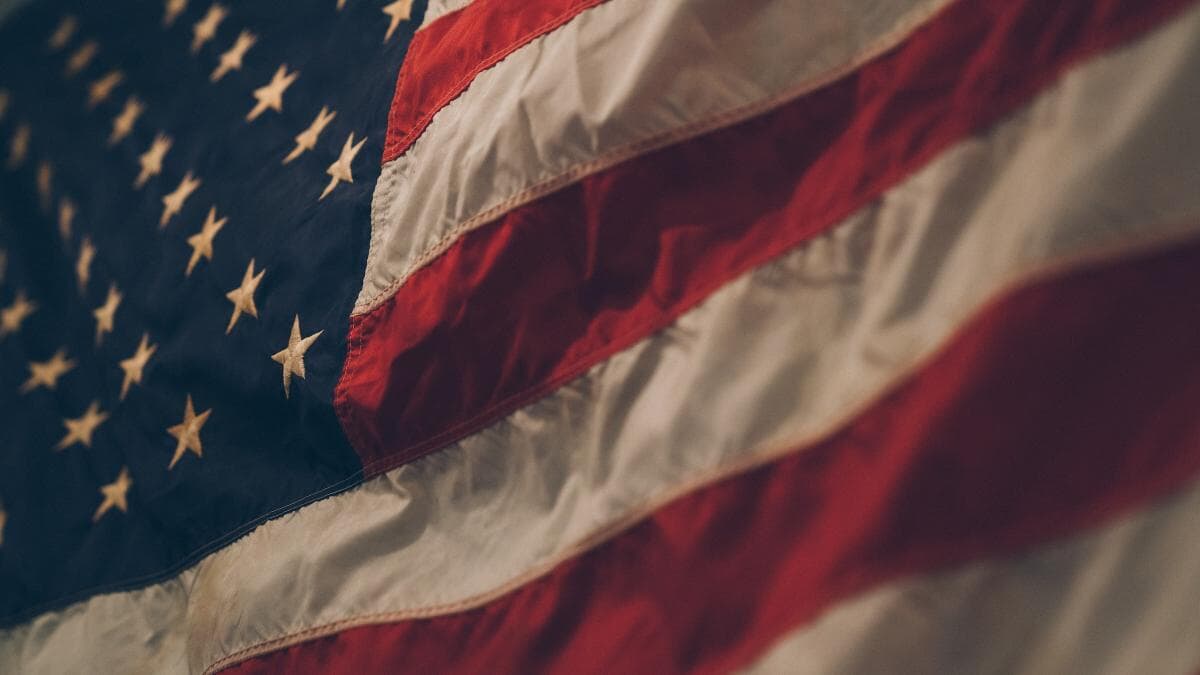On September 14, 1814, after witnessing the bombardment of Fort McHenry by the Royal Navy during the Battle of Baltimore in the War of 1812, Francis Scott Key penned the words that would later form the National Anthem. The defining image of the poem was the sight of the U.S. flag, with its fifteen stars and strips, flying defiantly above the Fort following the battle. The triumphant image was central to the ethos of a young, fragile upstart nation, shaking off European colonialism. The fragility of the bold American experiment, along with its imperfect pursuit of noble ideals remain.
Ironically, Key’s triumphant poem was set to The Anacreontic Song, a popular drinking song written by Englishman John Stafford Smith. The Star-Spangled Banner was officially adopted as the national anthem of the United States in 1931.
Sergei Rachmaninov, who emigrated to the United States in 1918 as a result of the Russian Revolution, and became a citizen in 1943, wrote this arrangement of The Star-Spangled Banner. His noble performance is preserved on this piano roll:
Igor Stravinsky emigrated to the United States in 1939, and became a citizen six years later. His adventurous arrangement of The Star-Spangled Banner for the Boston Symphony Orchestra sparked controversy. Following an initial performance, the Boston Police, misinterpreting a Federal law prohibiting “tampering” with the National Anthem, told Stravinsky that he had to remove his arrangement from the remaining programs. Grudgingly, he conceded.
Recordings
- Rachmaninov: The Star-Spangled Banner, Sergei Rachmaninov Amazon
- Stravinsky: The Star-Spangled Banner, Michael Tilson Thomas, London Symphony Orchestra michaeltilsonthomas.com


Such an inspiring post! Love The Anacreontic Song trivia. Both versions of the Star Spangled Banner you’ve shared here are fantastic and a great surprise. While listening, I thought, I love the national anthem played instrumentally. But I’ve always had an issue with these two lines of the lyrics: “…and the rockets red glare and the bombs bursting in air.” No bombs, please. Listening to the Stravinsky and Rachmaninov (immigrants!) arrangements made me feel patriotic and hopeful for America’s future. The wrongheaded accusation of Stravinsky’s “tampering” with the National Anthem brings to mind the famous quote by Clarence Darrow: “History repeats itself and that’s what’s wrong with history.” Fingers crossed that our country will make it through this insane administration in one piece. Thank you and Happy 4th!